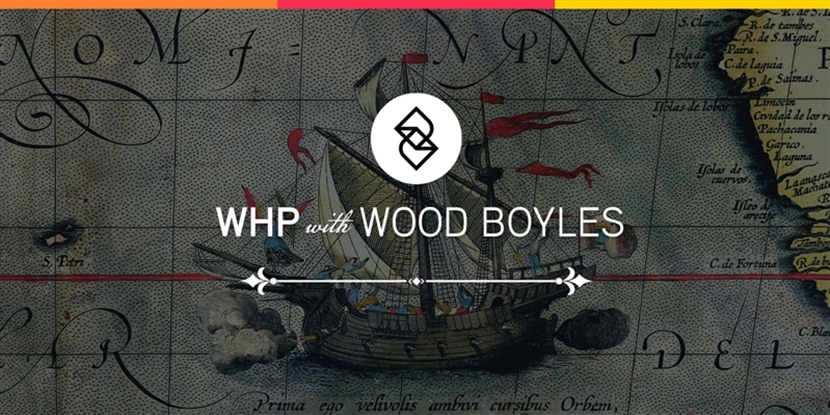Both the Cold War and the fall of great empires began even before the last shots of the Second World War were fired. The 1940s and 1950s saw a series of increasingly tense confrontations between Western and communist governments. These confrontations were tangled together with the struggles of colonized people to win independence. By the 1960s, both trends were in full swing. The entangled struggles of the Cold War and decolonization would continue for three decades, until most large colonies won their independence and the Soviet Union collapsed.
Driving Question: Why study decolonization and the Cold War together?
- These two big trends seem to be quite different in many ways, but they were actually connected to each other. First, they were two global trends that happened at about the same time. Second, they were both largely a product of the Second World War. While this doesn’t prove that they are connected, historians who look closely at events in different colonies and countries around the world find lots of connections between the Cold War and decolonization in those events.
- For example, when historians analyze documents from Russian and American diplomats and leaders, they find that they often mention supporting or opposing independence in certain states because it will help them in their Cold War struggles. And similarly, when historians look at evidence from those groups struggling for independence in Africa, Asia, or elsewhere, they often find those leaders discussing whether to ask the US or Soviets for support.
Word of the Day: Decolonization
- Definition: The political process by which a colony becomes a self-ruling, independent, sovereign state.
- Most of the world’s colonies became independent between 1945 and 1990, but some people still debate whether they are really decolonized. Some former colonies remain poor and economically dependent on industrialized societies, as you will see when we discuss the period after 1990 in the next few days.
Lesson
- Read “End of Empire and the Cold War” in Lesson 7.4 on Khan Academy.
- The author argues that there were connections between these two trends. Has he made his case?
Historian’s Journal Prompt
- Question: Has the Cold War really ended?
- The Soviet Union collapsed in the early 1990s, and the Cold War supposedly ended. But this has not ended the territorial ambitions of Russian or US leaders. Powerful countries today are still trying to influence weaker countries, and several still have colonies across the world. Other states are still trying to develop nuclear technology and arsenals. So has the Cold War really ended, or have the players just changed?

